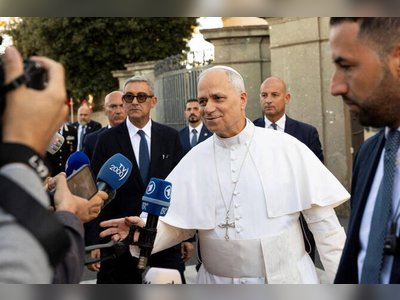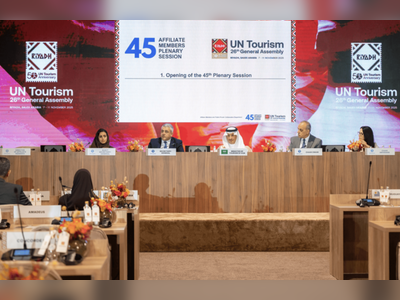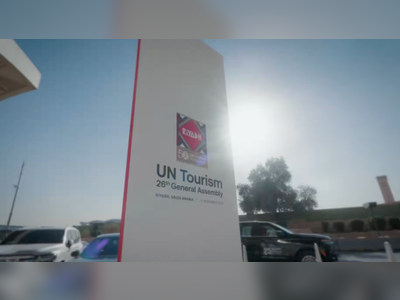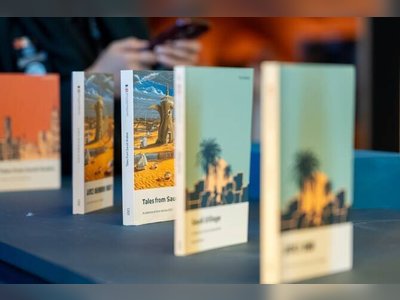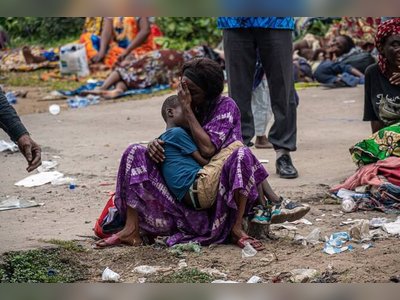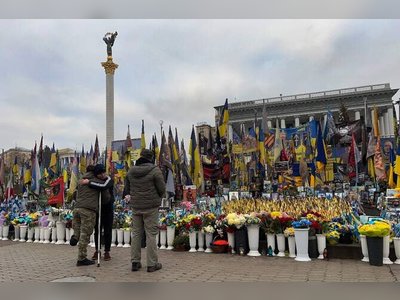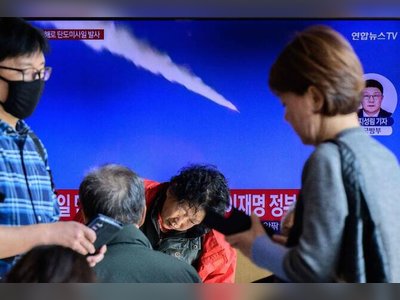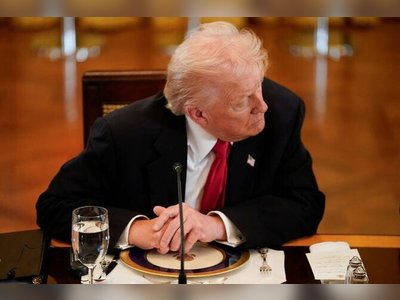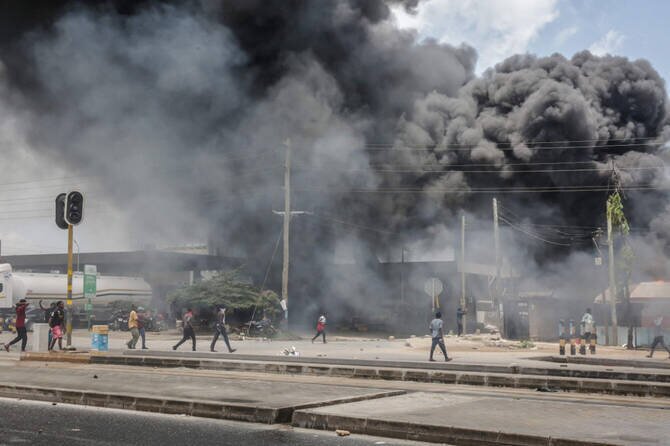
Tanzania Charges Dozens with Treason Over Election Violence
The country's prosecutors have accused numerous individuals of treason for their alleged roles in the violence surrounding the recent disputed election.
DODOMA, Tanzania: Tanzanian prosecutors have charged dozens of people with treason for their alleged involvement in violence following the country’s contested election.
The charge sheet identifies 76 suspects, accusing them of intending to obstruct the October 29th election and intimidate authorities in Dar es Salaam, the nation's commercial capital.
Alongside treason charges, these individuals also face criminal conspiracy allegations.Tanzania is currently grappling with an aftermath of violence stemming from elections that international observers argue did not meet the standards for a free and fair vote.
Concerns have been raised regarding the conduct of security forces, particularly in relation to their efforts to suppress riots and opposition protests within the East African nation.
The main opposition party, Chadema, claims that over 1,000 individuals lost their lives amidst these disturbances and accuses the government of attempting to conceal the true extent of fatalities by secretly disposing of bodies.President Samia Suluhu Hassan secured more than 97% of the vote, according to an official count.
Her primary rivals in the race, Tundu Lissu from Chadema and Luhaga Mpina from ACT-Wazalendo, were excluded from running due to what rights groups describe as a repressive political climate marked by enforced disappearances, arbitrary arrests, and extrajudicial killings.
Tanzania's government denies these allegations.In response to the election, the African Union (AU) has criticized the electoral process, asserting that it did not align with AU principles, normative frameworks, and international standards for democratic elections.
The AU’s observers reported incidents of ballot stuffing at multiple polling stations and cases where voters were provided with more than one ballot.
Furthermore, they noted that the pre-election environment was not conducive to peaceful conduct or acceptance of electoral outcomes.
The charge sheet identifies 76 suspects, accusing them of intending to obstruct the October 29th election and intimidate authorities in Dar es Salaam, the nation's commercial capital.
Alongside treason charges, these individuals also face criminal conspiracy allegations.Tanzania is currently grappling with an aftermath of violence stemming from elections that international observers argue did not meet the standards for a free and fair vote.
Concerns have been raised regarding the conduct of security forces, particularly in relation to their efforts to suppress riots and opposition protests within the East African nation.
The main opposition party, Chadema, claims that over 1,000 individuals lost their lives amidst these disturbances and accuses the government of attempting to conceal the true extent of fatalities by secretly disposing of bodies.President Samia Suluhu Hassan secured more than 97% of the vote, according to an official count.
Her primary rivals in the race, Tundu Lissu from Chadema and Luhaga Mpina from ACT-Wazalendo, were excluded from running due to what rights groups describe as a repressive political climate marked by enforced disappearances, arbitrary arrests, and extrajudicial killings.
Tanzania's government denies these allegations.In response to the election, the African Union (AU) has criticized the electoral process, asserting that it did not align with AU principles, normative frameworks, and international standards for democratic elections.
The AU’s observers reported incidents of ballot stuffing at multiple polling stations and cases where voters were provided with more than one ballot.
Furthermore, they noted that the pre-election environment was not conducive to peaceful conduct or acceptance of electoral outcomes.
